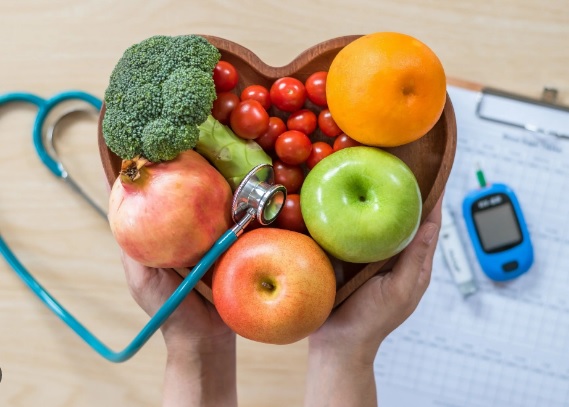Introduction:
Type 2 diabetes is a prevalent and chronic condition that affects millions of people worldwide. While it can be challenging to manage, adopting a balanced diet can play a crucial role in controlling blood sugar levels and improving overall health. In this blog article, we will explore the importance of a balanced diet in managing Type 2 diabetes and provide practical tips to help individuals make healthier food choices.
Understanding Type 2 Diabetes:
The Role of Diet in Diabetes Management:
Building a Balanced Plate:
Best Foods for Managing Type 2 Diabetes:
Foods to Limit or Avoid:
Equally important is understanding which foods can cause rapid spikes in blood sugar levels and should be limited or avoided. We'll shed light on common culprits and suggest healthier alternatives.
Meal Planning and Smart Snacking:
Effective meal planning can simplify diabetes management and reduce the chances of making impulsive, unhealthy food choices. Additionally, we'll discuss the importance of smart snacking and offer ideas for convenient and nutritious snacks.
Hydration and Type 2 Diabetes:
Staying hydrated is often overlooked, but it can significantly impact blood sugar control and overall well-being. We'll explain the link between hydration and diabetes management.
The Role of Exercise:
While the focus of this article is on diet, we cannot ignore the importance of physical activity in managing Type 2 diabetes. We'll briefly touch on the benefits of exercise and how it complements a balanced diet.
Conclusion:
In conclusion, a balanced diet is a powerful tool in managing Type 2 diabetes and promoting better health. By making informed food choices and adopting healthier eating habits, individuals with diabetes can take charge of their condition and enjoy a higher quality of life. Always consult a healthcare professional or registered dietitian for personalized advice and guidance on managing Type 2 diabetes through diet









0 Comments